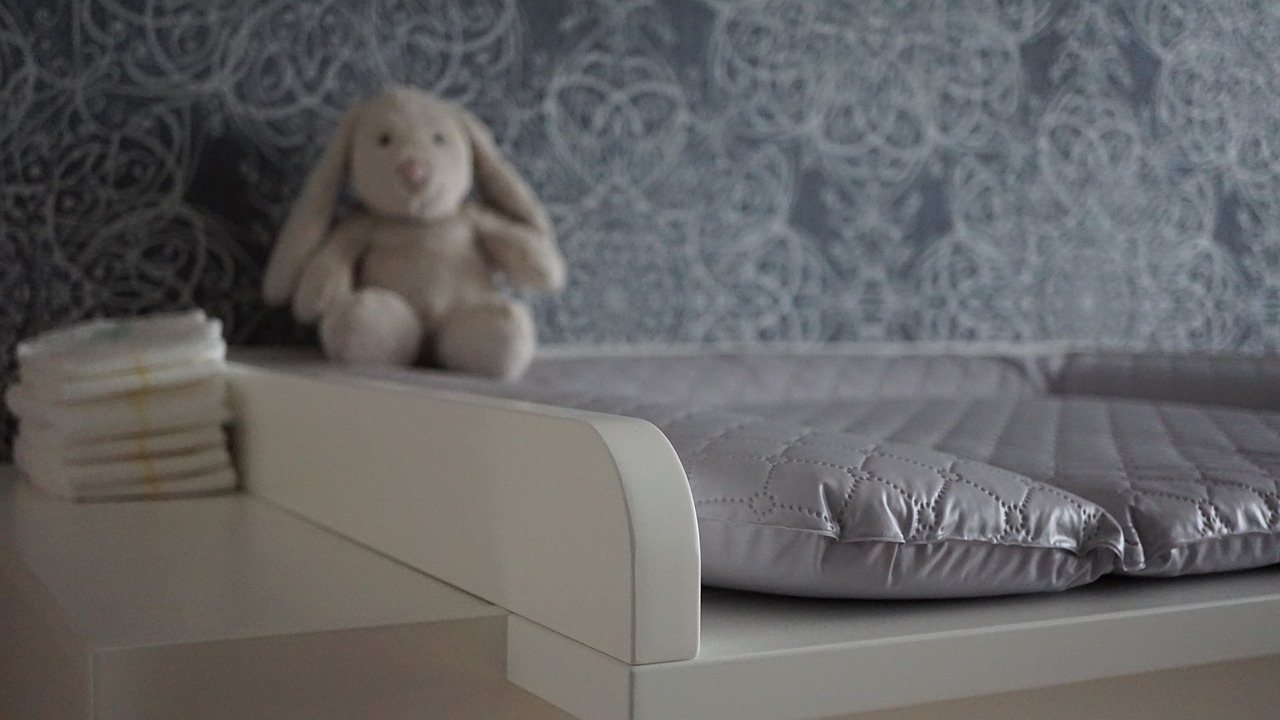
Parents often ask whether funding is available for common needs such as incontinence supplies, and if so, how to access it. Our experts—including Public Benefits Specialist Lisa Concoff Kronbeck and Director of Health Plan Advocacy Leslie Lobel—answer lots of insurance-related questions during our member office hours. Today they share 5 recommendations to streamline the process of securing funding for incontinence supplies.
Gain access to Undivided’s comprehensive resources and receive our weekly newsletter.
1. Get a detailed prescription from your child’s doctor
To pursue funding for incontinence supplies, you will need a prescription from your child’s doctor. Ensure that the prescription details specific needs—for example, diapers, pull-ups, waterproof mattress pads, barrier cream, wipes, cleanser—advises Concoff Kronbeck. “You need an itemized prescription because denials can’t just say, ‘We don’t cover incontinence supplies.’ They need to indicate not covering each specific item,” said Concoff Kronbeck. For items like diapers, also have your doctor include details such as quantity, size, and any medical indication for why you might need a particular brand.
2. Always start with private insurance
The general rule of thumb when seeking funding is that private insurance pays first, then Medi-Cal, and then Regional Center pays last (aka the “payer of last resort”). Lobel recommends contacting your health insurance plan to find out if they cover diapers, pull-ups, and other supplies under the Durable Medical Equipment (DME) benefit. “If they do cover, get a prescription from a physician, then find a supplier who is in network with your plan and also is a Medi-Cal provider. Then you should be all set up with insurance as primary and Medi-Cal as secondary. Medi-Cal will fund incontinence supplies for children ages three and up if the incontinence is due to their disability,” said Lobel.
3. If your insurance doesn’t cover incontinence supplies, get documentation
If your insurance plan doesn’t cover incontinence supplies, Lobel advises asking to be connected to someone who can produce a letter documenting that incontinence supplies are a non-covered benefit. She recommends then taking this letter to a Medi-Cal provider. The letter from your insurance plan will be the necessary proof that your primary insurance will not cover the cost so you can move on to the next funding option.
4. Focus on medical necessity, not preference when it comes to brands
The incontinence supplies that your insurance company or Medi-Cal will pay for may not be the brand that you’re used to using, notes Lobel. In this case, you can mount an appeal to Regional Center for the specific brand your child uses, but the appeal needs to be anchored to medical necessity—meaning, a health or safety issue—not simply brand preference.
5. Document immediate and related problems
If you encounter issues such as an adverse response to Medi-Cal or insurance provided diapers, be sure to document all of these problems. For example, if your child has sensitive skin and develops a rash from an allergic response to diapers sent from Medi-Cal, you will need to show not just that your child can’t use those diapers, but that you’ve already tried to find a brand that will work and that you can’t find one that Medi-Cal will cover, notes Concoff Kronbeck. Also document any related impact of inferior products; for example, if using inferior products led to your child not being able to successfully access their community and be out of the house for a longer period of time, compared to a product that provides better coverage, advises Lobel.
For more information and to dig into additional funding options, check out our popular guide, How Do We Pay For It All? Undivided’s Guide to Funding Resources. And consider an Undivided membership so you can get your burning questions answered during our member office hours.
Join the Undivided Community to get more resources like this in your inbox
100% free | Curated for you

A Navigator is your Partner at each turn
*Currently offering Navigator Kickstarts to residents of California



